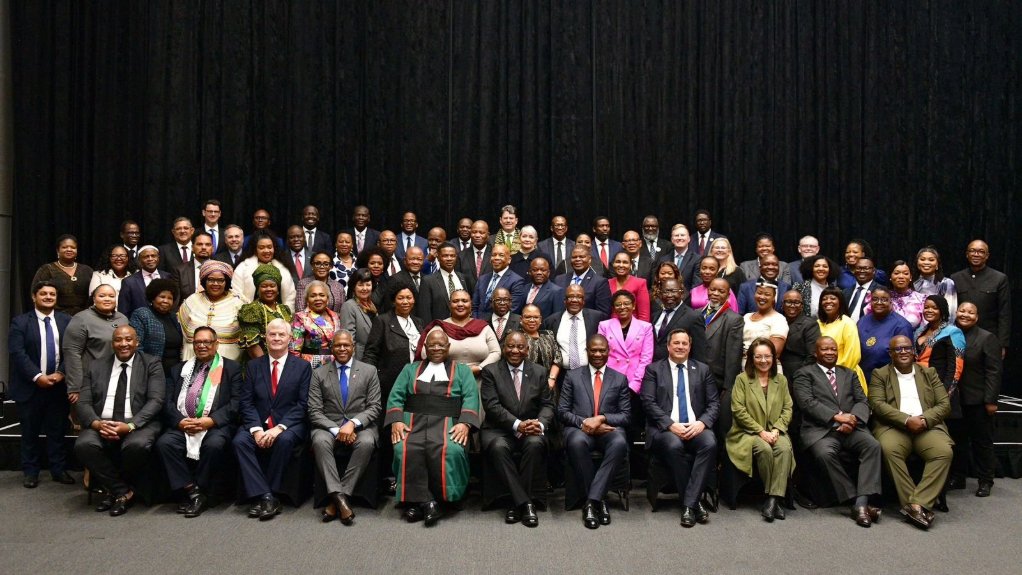- The National Dialogue: Pathway to a People's Plan for South Africa2.47 MB
A comprehensive national consultative dialogue (national dialogue) is being advanced as a suitable pathway to equitably and justly transform South African society. The calls for such a process have grown louder following the electoral shift from single-party rule, with the Government of National Unity being an expression of where the country finds itself. In the way that negotiation and consensus brought about the Government of National Unity, so too a national dialogue can give rise to a people of national unity.
In his inauguration speech following the recent national elections, President Ramaphosa invited “all parties, civil society, labour, business and other formations to a national dialogue on the critical challenges facing the nation”. Whereas the President’s leadership should be appreciated; the national dialogue should not be led by government alone, nor should it be steered by any one sector. Instead, it must entail an extensive negotiation between all sectors of society. For the process of a national dialogue to be authoritative and for its goals and programmes actionable, it must entail the expressed will of the majority of South Africans. For it to be an effective common vision, the active participation and assent of all of society is required. It is from its democratic participation and accord that a national dialogue receives its legitimacy, and it is its legitimacy that affords it power.
To ensure its legitimacy, the processes and structures of the national dialogue are extremely significant. As with the consultative process that gave expression to the democratic state, so too will it require the consultation and consensus by comprehensive stakeholders, to recognise and understand each other, and to cohere what is needed to realise development and transformation. In appreciating that its process will be protracted and complicated, this paper nevertheless recognises the urgent need to commence the process. It thus seeks to contribute to a broader discussion about the merits, processes and structures required to make the dialogue effective.
Report by the Inclusive Society Institute
EMAIL THIS ARTICLE SAVE THIS ARTICLE ARTICLE ENQUIRY
To subscribe email subscriptions@creamermedia.co.za or click here
To advertise email advertising@creamermedia.co.za or click here











